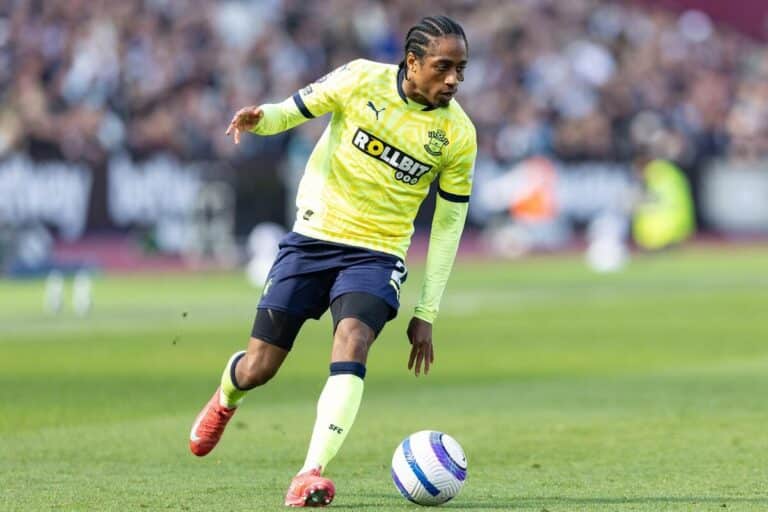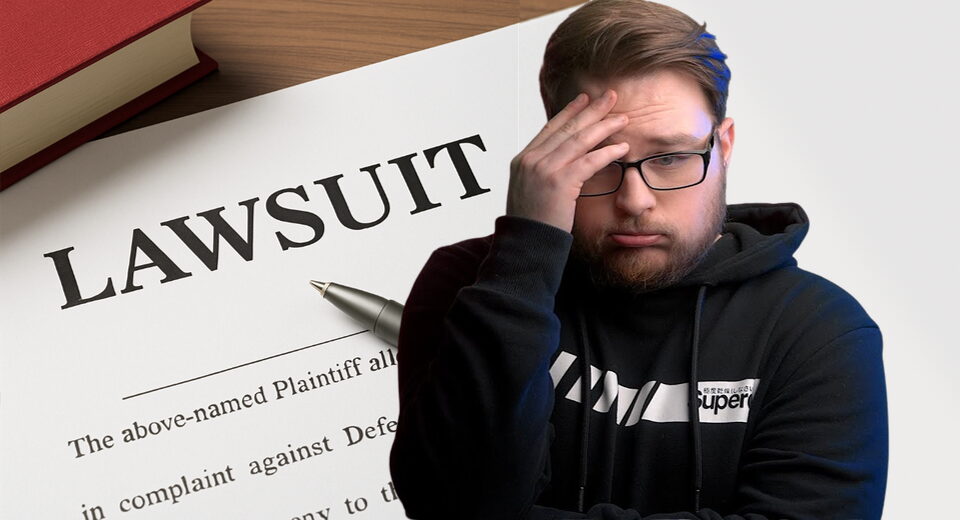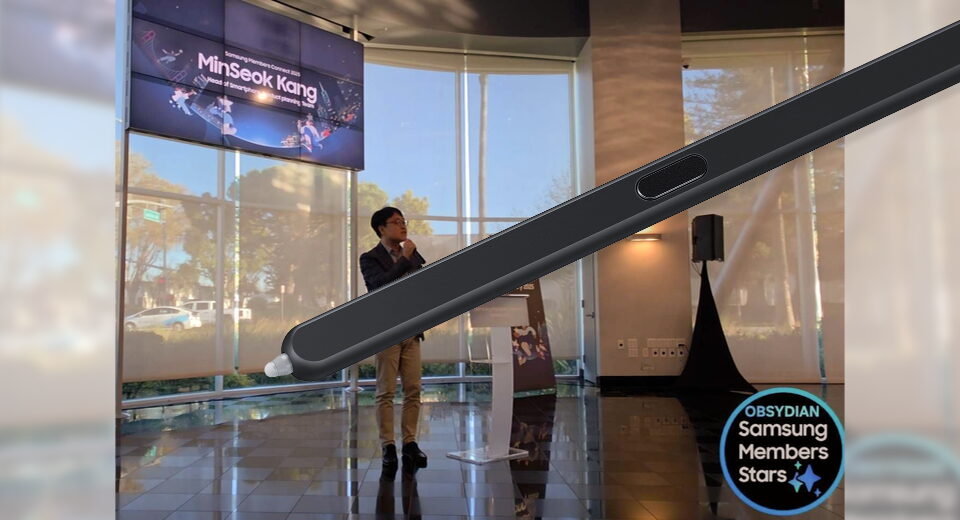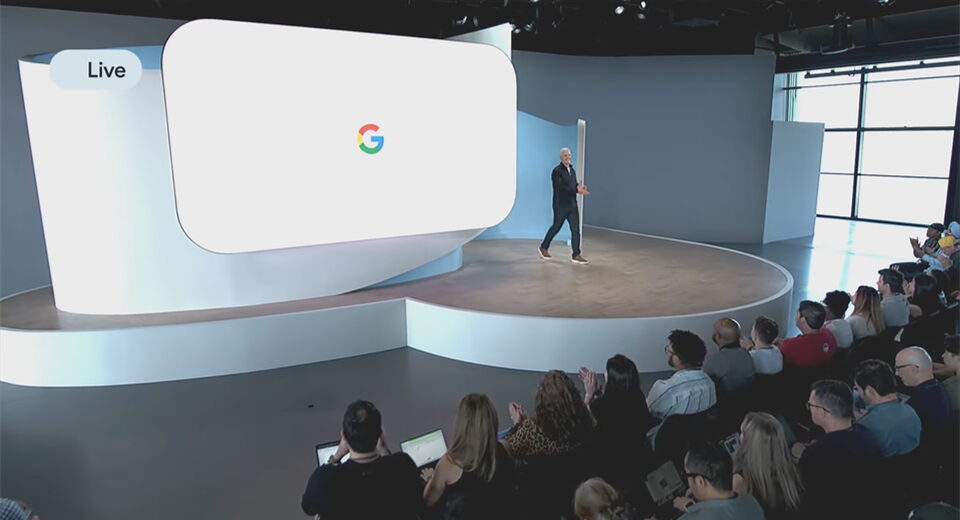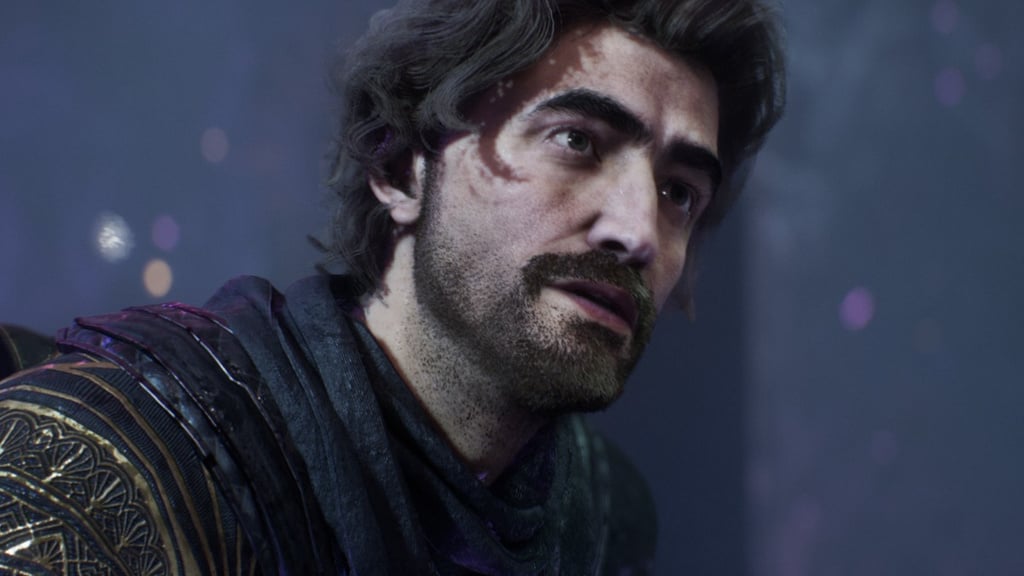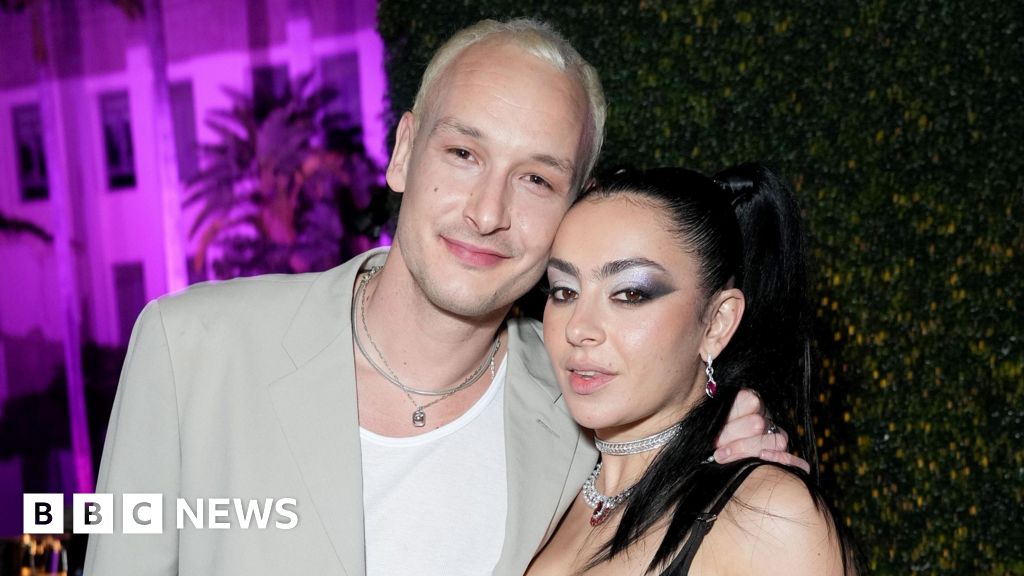After a Chaotic Start, a U.S. Attorney’s Time May Be Running Out

Lawyers for Eliyahu Weinstein were faced with a difficult situation. After their client’s 24-year sentence for investment fraud was commuted by President Trump in his first term, Mr. Weinstein was charged again with a similar crime by federal prosecutors in New Jersey and convicted at trial in late March.
But his lawyers had a plan. They reached out to the state’s newly installed U.S. attorney, Alina Habba, hoping to persuade her to push for an unusually light penalty, even though their client was a repeat felon.
Ms. Habba granted them a rare private meeting to discuss the sentencing, which is scheduled for September, and she did not invite the prosecutors who had handled Mr. Weinstein’s case, according to two people with knowledge of the matter. The episode left members of her staff infuriated.
A brash media personality and former personal lawyer to Mr. Trump, Ms. Habba is among the most high-profile of the new U.S. attorneys appointed by a president who has taken closer control of the Justice Department than any other in the past half century. She has made frequent media appearances and drawn attention for a series of notable investigations into Democratic political figures.
Her tenure has also shattered morale inside the U.S. attorney’s office and left many prosecutors looking for a way out, according to 16 close observers of the office who were interviewed for this article and spoke on the condition of anonymity for fear of retribution.
Ms. Habba boasted, upon taking office, of her direct line to the White House, according to people with knowledge of her remarks, even as she has insisted that she is “not political.” Prosecutors have chafed at her availability to defense lawyers. She disbanded the office’s Civil Rights Division and killed the office’s longest-running prosecution just days before it was scheduled to go to trial. Three framed pictures of herself now hang in a conference room named for a legendary New Jersey crime fighter, Frederick B. Lacey.
Ms. Habba’s press office declined to comment.
Ms. Habba’s close connections to Washington may have also benefited her office. She has won permission for 20 new hires, a rarity in U.S. attorney’s offices across the United States, and she reminded her staff members in a meeting last week about her efforts to recoup back pay they were owed. But her time appears to be running out.
New Jersey’s two Democratic senators have said she is unfit to serve after degrading the office with politically motivated prosecutions, making her confirmation in the Senate unlikely after Mr. Trump nominated her last month to the position permanently. The state’s district court judges, who have the power to extend Ms. Habba’s tenure, which would otherwise end Tuesday, are expected to meet early this week to discuss their options, according to three people with knowledge of the judges’ plans.
In the staff meeting last week, according to people familiar with her remarks, Ms. Habba acknowledged that she was unlikely to be appointed by the judges and offered an emotional, pre-emptive farewell.
Mr. Trump’s Lawyer
As recently as four years ago, Ms. Habba was practicing law on a much smaller stage. A 2010 graduate of what was then known as Widener Law School in Pennsylvania, she founded a small firm down the road from Mr. Trump’s golf club in Bedminster, N.J., where she was a member.
She caught Mr. Trump’s attention in 2021, after a golf club employee was accused by a waitress half his age of sexual harassment. Ms. Habba was instrumental in persuading the young woman, Alice Bianco, to sign a nondisclosure agreement in exchange for a $15,000 severance package, according to court records.
Then, weeks later, Ms. Habba gained a new client: Mr. Trump, who brought her on to help handle a lawsuit from Summer Zervos, an “Apprentice” contestant who had sued him for defamation.
Nancy Erika Smith, Ms. Bianco’s lawyer, has since renegotiated the sexual harassment settlement and submitted documents to the Office of Attorney Ethics in New Jersey alleging “potential ethics violations” by Ms. Habba, a complaint first reported by NOTUS.
Ms. Smith has said that Ms. Habba advised the young woman to sign an illegal nondisclosure agreement and improperly offered legal advice to another lawyer’s client. Ms. Bianco, now 26, said Ms. Habba was “very good at being your bestie when she needs to be — or when she wants something out of you.”
Before she began serving as Mr. Trump’s lawyer in 2021 — in the period after the January attack on the U.S. Capitol, when he was spurned by major law firms — Ms. Habba had no experience in criminal law and had led few high-profile cases.
But she was willing to be aggressive, as the president has often demanded of his lawyers, and Ms. Habba ended up handling major civil cases for Mr. Trump after he was sued by the writer E. Jean Carroll and the New York attorney general, Letitia James. Mr. Trump lost those cases spectacularly, putting him on the hook for more than half a billion dollars in penalties. Both cases are in the appeals process.
But Ms. Habba notched smaller victories that won her some favor. She prevailed in litigation against Ms. Zervos and was particularly effective against another of Mr. Trump’s former lawyers, Michael D. Cohen, cross-examining him thoroughly during Ms. James’s case, and besting him in a civil case in which he accused Mr. Trump of retaliating against him for one of his books.
Ms. Habba later played an active public role in Mr. Trump’s 2024 campaign. Days after he named her interim U.S. attorney, she said that she hoped to use her office to help “turn New Jersey red.”
“Hopefully, while I’m there, I can help that cause,” she told a conservative podcaster.
Although comments like those added to impressions in the office that the new leader was a Trump partisan, some prosecutors remained open-minded, hoping that Ms. Habba’s outspoken approach might elevate the office’s profile.
Instead, they were alarmed by one of her first moves: ending a long-running case against two executives at Cognizant Technology Solutions, an information technology company based in Teaneck, N.J. The case, brought under the Foreign Corrupt Practices Act in 2019, charged the executives with authorizing a bribe to an official in India who could smooth the company’s path to building a facility in Chennai.
Early in his second term, Mr. Trump ordered a pause in F.C.P.A. cases, but the New Jersey office was receiving mixed messages about the fate of its Cognizant case.
In February, its prosecutors were given the go-ahead by Justice Department officials in Washington to try the case as planned. Ms. Habba’s predecessor as interim U.S. attorney, John Giordano, sought to delay the case but was rejected by the trial judge.
After she entered the office and was briefed on the case, Ms. Habba initially said it should go forward. But ultimately she moved to abandon it, without ever providing an explanation to prosecutors for the decision.
A spokesman for Steven Schwartz, one of the Cognizant executives, said that Mr. Schwartz was “pleased and relieved that the D.O.J. recognized that the charges against him were meritless and should be dismissed.”
Confrontations With Democrats
That was early April. About a week later, Ms. Habba announced that she had directed lawyers in her office to investigate New Jersey’s governor, Philip D. Murphy, and its attorney general, Matthew Platkin, over a state directive that limits the way that police officers can cooperate with federal immigration agents.
It seemed then as if Ms. Habba was making good on a promise she had made from outside the West Wing on the day Mr. Trump appointed her as the interim U.S. attorney. She named Mr. Murphy and one of the state’s senators, Cory Booker, and vowed that she would be “going after the people we should be going after.” But there has been little evidence that the investigation Ms. Habba announced is progressing.
More confrontations with Democrats followed. On May 9, three House Democrats showed up at an immigration detention facility in Newark for an oversight visit. The city’s mayor, Ras J. Baraka, a Democrat who at the time was running for governor, joined them outside and was subsequently arrested after an intense clash with federal agents.
Ms. Habba posted on social media that Mr. Baraka had “committed trespass,” adding, “NO ONE IS ABOVE THE LAW.”
Ten days later, Ms. Habba posted a statement indicating that she planned to dismiss the charge against Mr. Baraka, while also revealing that she was charging one of the lawmakers, Representative LaMonica McIver, with assault for her role in the melee.
Before dismissing the trespassing charge, a federal judge scolded the prosecutor assigned to Mr. Baraka’s case, Stephen J. Demanovich, for what he called a “hasty arrest” and an “embarrassing retraction of charges.”
“Your office must operate with a higher standard than that,” the judge, André Espinosa, told Mr. Demanovich, who has since left the job. Mr. Demanovich did not return calls for comment.
The decision to charge Ms. McIver was not made lightly, according to two people with knowledge of the process. Ms. Habba told associates that she had agonized over the case, watching footage from body-worn cameras for hours to assess the congresswoman’s behavior. She consulted with high-ranking members of the office, including Desiree Grace, an experienced prosecutor and her top deputy, and Ronnell Wilson, the unit chief of the office’s Special Prosecutions Division.
But by that point, much of the office was questioning Ms. Habba’s motivations, as she made large-scale changes consistent with the policies of Mr. Trump’s administration.
One of the most significant was her move to dismantle the office’s Civil Rights Division. The decision sent an immediate chill through liberal legal circles in New Jersey, a state with a history of racial profiling in policing. Michael Campion, a veteran prosecutor who led the division — the first of its kind in the nation — soon stepped down, vowing to continue to advance the fight for civil rights elsewhere.
Mr. Campion was not alone. Many in the office began looking for new employment, even as Ms. Habba sought to convince them of her merit.
She also began meeting with prosecutors one on one, asking them about their ambitions and attempting to convince them that, were she to become the permanent U.S. attorney, she could offer the office the stability it had been lacking.
In her staff meeting last week, she repeated that message, and expressed her wish to stay in the role, even as she acknowledged that it might be unlikely.
Once the drama and attention subsided, she told prosecutors, everyone could just get back to work.
What's Your Reaction?
 Like
0
Like
0
 Dislike
0
Dislike
0
 Love
0
Love
0
 Funny
0
Funny
0
 Angry
0
Angry
0
 Sad
0
Sad
0
 Wow
0
Wow
0









